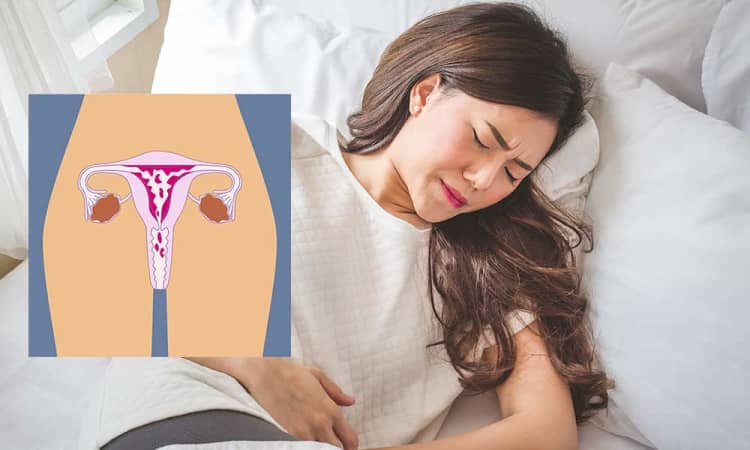Blood clots during your period is very common, and perfectly normal in most instances.
Clots tend to occur around the time when your flow is heaviest, and can also be associated with bad cramps – this usually occurs during the first few days of your period.
During your period, anticoagulants (produced by your body) work to prevent your blood from clotting before it leaves your body. With heavy flow, blood is expelled more quickly, and the anticoagulants may not have enough time to break down the blood – this is when clots form.
Having said that, there also exist other causes which can predispose you to have heavy menstrual bleeding, which results in more and larger clots.
I’d suggest for you to visit your doctor/gynaecologist if:
- You think that you may have heavy menstrual bleeding – eg. soaking through one pad every hour, or passing large blood clots (ie larger than a 50 cents coin).
- Your cramping/amount of bleeding is very bothersome.
This article has a very good summary of how to determine if you have heavy menstrual bleeding, and possible causes of it.
Your doctor will be able to diagnose if there’s an underlying problem causing your heavy periods. He may also recommend a blood test to check for anaemia.
There are very effective treatment methods which your doctor can prescribe, if necessary, that will help reduce both the period cramps and bleeding.
Cheers


